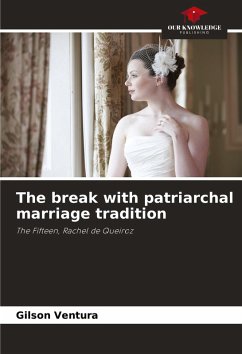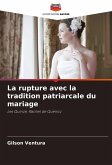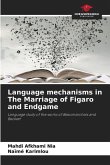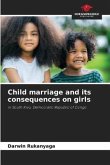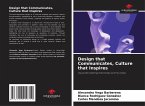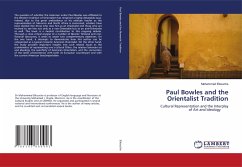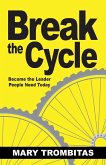A woman who lived in the 1930s and could transport herself to the present year, 2018, would certainly be astonished at the freedom of expression achieved by women since then. During the two years I spent researching female emancipation, I had the privilege of seeing that research transformed into this thought-provoking work. Here, based on Rachel de Queiroz's O quinze, written in 1930, I reflect deeply on the main character Conceição who, unlike most women of her time, decides to confront the social environment in which she lived and not bow down to the patriarchal impositions that oppressed the female community. Thus, with a view to marrying her cousin Vicente, Conceição perceives in the young man a representation of the oppressive patriarchal system and, willing to receive harsh criticism, she nevertheless closes herself off to the possibility of this relationship and goes on peacefully without the suffering and feeling of guilt that often imprisoned most women of the thirties who behaved as such.
Bitte wählen Sie Ihr Anliegen aus.
Rechnungen
Retourenschein anfordern
Bestellstatus
Storno

